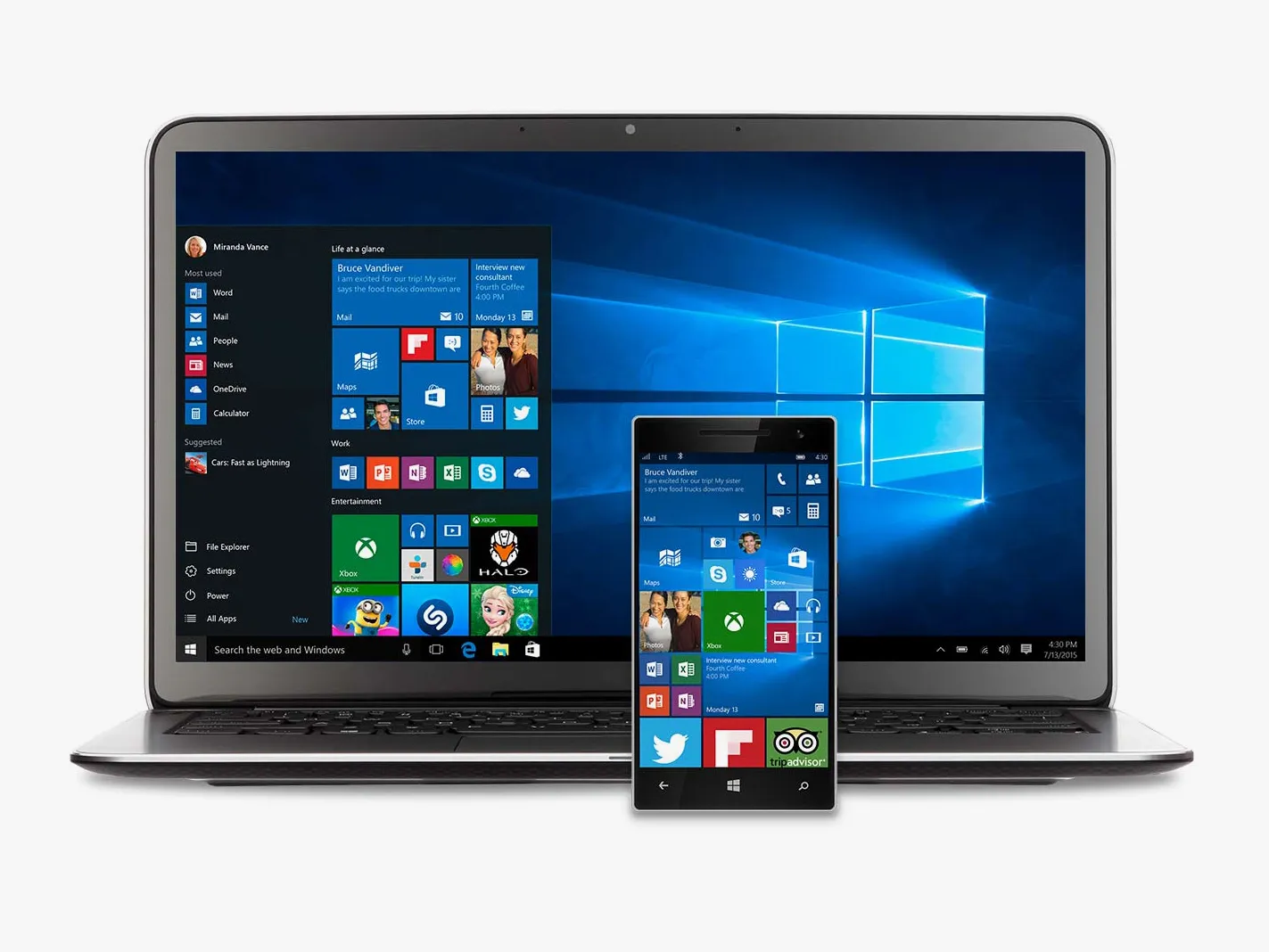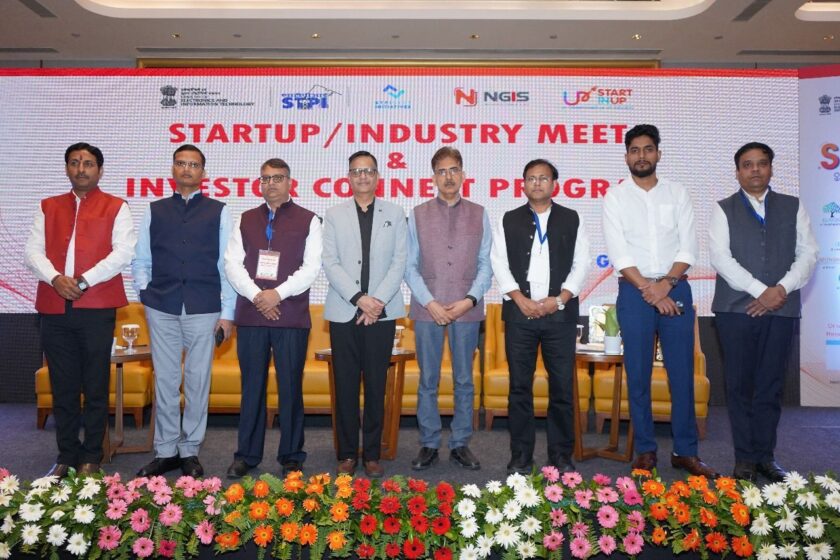Mumbai: Starting Tuesday, Microsoft has officially ended free support for Windows 10, marking the conclusion of a major era for the operating system still active on millions of computers worldwide. Despite the release of Windows 11 in 2021, reports indicate that around 40% of Windows users continue to rely on Windows 10 as of September 2025.
With the end of free support, Windows 10 users will no longer receive security patches, software updates, or technical assistance from Microsoft. While devices will continue to function, they are expected to become increasingly vulnerable to cyberattacks, malware, and viruses without regular updates. Microsoft emphasizes that Windows 11 offers enhanced security features designed to meet today’s digital safety standards.
Cybersecurity experts warn that continuing to use Windows 10 may put personal and financial data at risk. Consumer advocacy group Which? estimates that over five million users in the UK alone intend to continue using the outdated system, highlighting potential vulnerabilities.
For most users, upgrading to Windows 11 is the safest option. PCs manufactured in the last four years typically meet the minimum requirements, including 4GB RAM, 64GB storage, and a TPM 2.0 security chip. Microsoft provides a free compatibility checker, while Which? offers an online tool to confirm eligibility.

Older computers that do not meet the Windows 11 requirements can enroll in Microsoft’s Extended Security Update (ESU) program, which offers limited protection until October 13, 2026. Access is free through a Microsoft account or available for $30 (or 1,000 Microsoft reward points).
Alternatively, users may consider migrating to other operating systems like Linux. Free and open-source platforms such as Ubuntu offer stability, robust security, and regular updates. Installation requires backing up data and using a USB drive, with detailed guidance available on Ubuntu’s official website.
As Windows 10 enters its post-support phase, users are urged to take timely action—whether upgrading, purchasing extended security, or switching to an alternative OS—to safeguard their devices and data.









